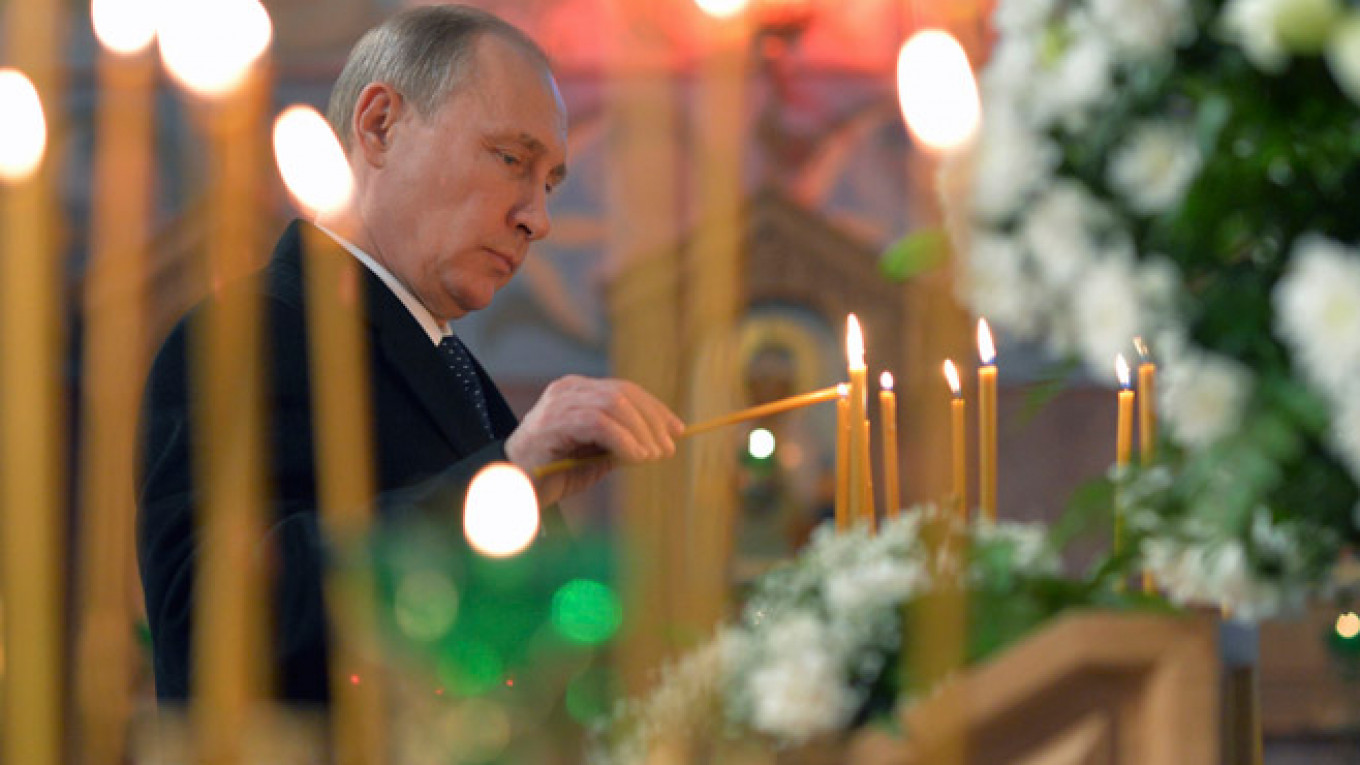???±?€?°?‚???‹?? ???‚???‡?‘?‚: countdown
Hallelujah! The year 2014 is drawing to a close. Of course, that doesn't mean that all the difficulties, trials and tribulations of the year will end magically on Dec. 31 when the clock strikes midnight. But maybe something — anything! please! — will change for the better.
Part of the ritual of seeing out the old year is reviewing the top words, expressions and neologisms of the 12 months just gone by. As various formal and informal organizations vote for their ???»?????° ???????° (words of the year), one group, ???»?????°?€?? ???????° (the year's dictionary) has already posted the top hits for each month. This is a kind of linguistic walk down memory lane. Here are a few high points:
January: ?”?°?€?‹ ?????»?…?????? (Gifts of the Magi), what more than half a million people stood in line for hours in the cold to venerate when the relics were brought from Mt. Athos in Greece to Russia. This began the year on a high, if somewhat unexpected, religious note.
February: ???€?????‹ ???€???¶?µ?????‹?µ (lace undies). While the eyes of the world were on the Winter Olympics in Sochi and Maidan in Kiev, Russian lawmakers had their eyes on something closer to home. After what one presumes was thorough research, they concluded that lace underpants harmed the reproductive health of Russian women, and banned their import. No research was conducted on the subsequent reproductive health of Russian men.
March: ? ?µ?„?µ?€?µ???????? (referendum), a poll with only one possible answer conducted among part of the population of Crimea after two months of intense propaganda, no long-term analysis, and the ubiquitous presence of so-called ???µ?¶?»?????‹?µ ?»?????? (polite men) in full military gear.
April: ???€?‹?? ???°?? (Crimea is ours). What a surprise. I'm shocked, shocked. Also this month: ?·?µ?»?‘???‹?µ ?‡?µ?»?????µ?‡???? (little green men), the Ukrainian term for what the Russians call ???µ?¶?»?????‹?µ ?»??????.
May: ?????????‚?€?°?????????‚?? (to destroy thoroughly as one would destroy counter-revolutionaries — circa 1921, used by President Vladimir Putin in 2014). This is my personal word fave of the year. Any word with ?????? (belly button) in it is a small ray of sunshine in an otherwise dark year. Also in May: ?????????€??????????, a resurrected historical term denoting some land that we are to believe was "?????µ?????° ?€?????????°??" (always Russian) even before there were Russians.
June: ?????°???????‚?? (derogative term derived from the name of U.S. State Department spokesperson Jen Psaki, which means to say something stupid). A play on ?????????????‚?? (to squeal). The hysterical propaganda campaign against this person is the greatest mystery of the year.
July: ?‘???? (Buk missile system), about which we tragically know more than we ever wanted to know.
August: ???°?€???µ?·?°?? (Parmesan cheese), what we must give up to counter the Western sanctions against us. I am still trying to figure out how our suffering more personally is a good way of getting back at those who do us wrong.
September: ???µ?€?µ?????€???µ (truce), apparently a term used to describe a period of quiet used to bring in more weapons and armed forces from abroad.
October: ?????°???? (spice), synthetic marijuana outlawed by parliament. I wish they'd banned this before they considered the panty ban.
November: ???????±?????????µ ???»?°???°?????µ (free-floating), what the ruble is doing. Unfortunately, it wants to float downstream.
December's word and the winning word of the year have not yet been announced. But one group member suggests a motto for the year: ?’???????°, ???€?°?????‘ ?? ?????€???????‚???? (war, whoppers and thievery).
I'm telling you: not Russia's finest year.
Michele A. Berdy, a Moscow-based translator and interpreter, is author of "The Russian Word's Worth" (Glas), a collection of her columns.
A Message from The Moscow Times:
Dear readers,
We are facing unprecedented challenges. Russia's Prosecutor General's Office has designated The Moscow Times as an "undesirable" organization, criminalizing our work and putting our staff at risk of prosecution. This follows our earlier unjust labeling as a "foreign agent."
These actions are direct attempts to silence independent journalism in Russia. The authorities claim our work "discredits the decisions of the Russian leadership." We see things differently: we strive to provide accurate, unbiased reporting on Russia.
We, the journalists of The Moscow Times, refuse to be silenced. But to continue our work, we need your help.
Your support, no matter how small, makes a world of difference. If you can, please support us monthly starting from just $2. It's quick to set up, and every contribution makes a significant impact.
By supporting The Moscow Times, you're defending open, independent journalism in the face of repression. Thank you for standing with us.
Remind me later.


